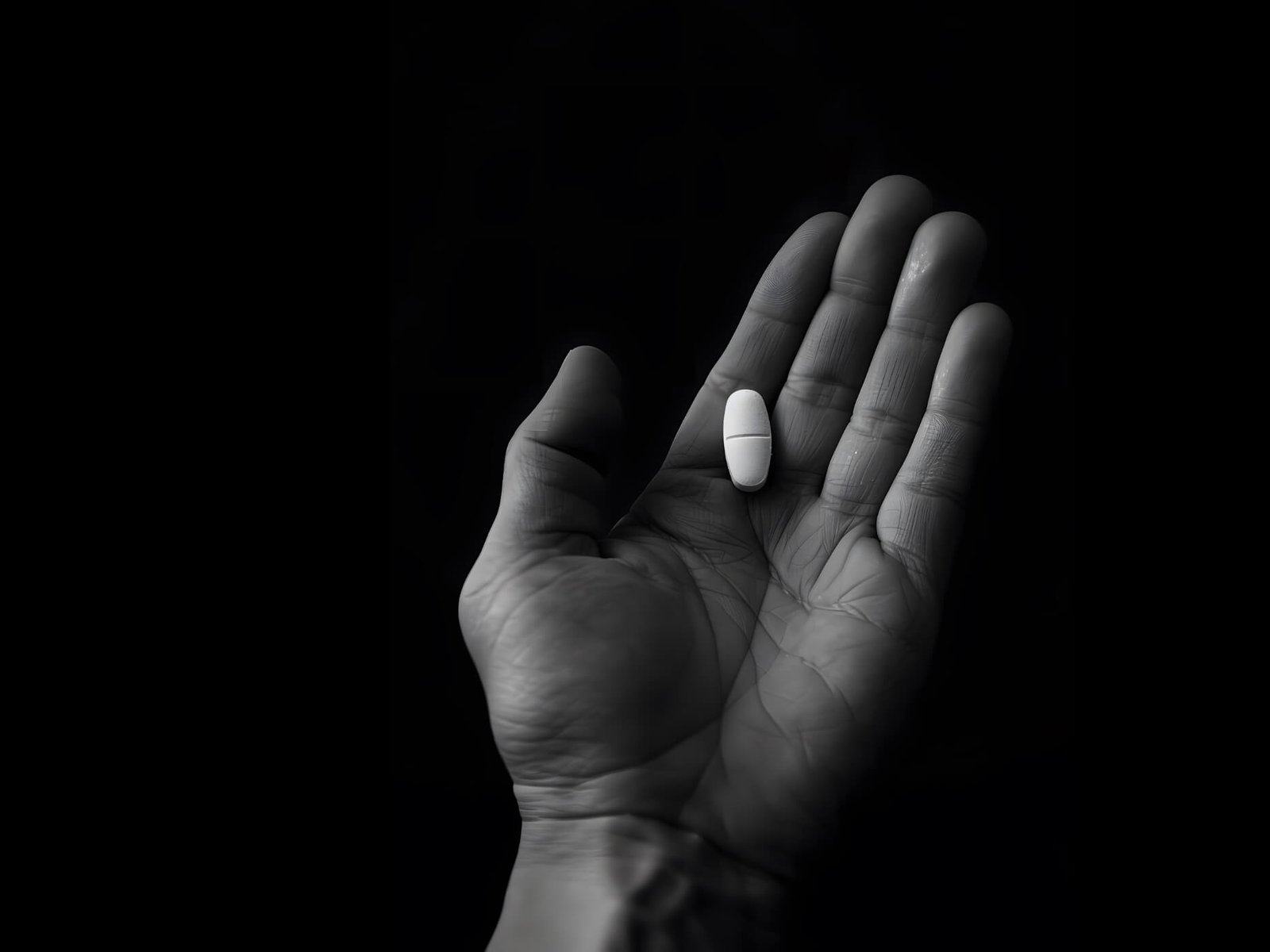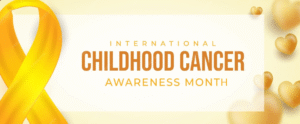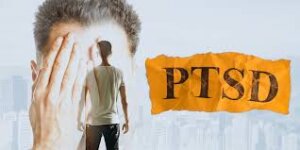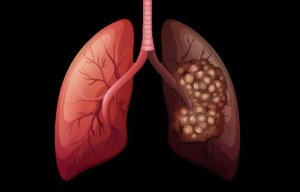In medical practice and beliefs, the power of the mind often plays an important role in shaping the effectiveness of treatments. While the placebo effect, where patients experience improvements simply due to their belief in a treatment, is widely recognized, its lesser-known counterpart, the nocebo effect, is equally significant yet often overlooked.
The nocebo effect represents how negative expectations and beliefs can undermine the effectiveness of medical interventions, rendering potentially beneficial treatments useless. Let us find out in this article how this nocebo effect phenomenon works (or makes things not to work) and its implications for healthcare.
Understanding the Nocebo Effect
The term “nocebo” is derived from the Latin word “nocere,” meaning “to harm.” Just as the placebo effect highlights the beneficial outcomes resulting from positive beliefs, the nocebo effect reveals the adverse consequences stemming from negative expectations. When individuals anticipate unpleasant side effects or believe that a treatment will not work, their bodies may respond accordingly, leading to the manifestation of symptoms or a diminished response to the treatment itself.
The Power of Expectations
Studies have shown that the power of expectations can significantly influence health results. For instance, in clinical trials, participants who are informed about potential side effects of a medication are more likely to experience those side effects, even if they receive a placebo. Similarly, patients who hold pessimistic beliefs about their prognosis may experience poorer recovery rates compared to those who maintain a positive outlook.
Mechanisms Behind the Nocebo Effect
Several mechanisms contribute to the phenomenon of the nocebo effect. Psychological factors such as anxiety, fear, and negative conditioning can prime the body to react negatively to a treatment, triggering physiological responses that undermine its effectiveness. Additionally, social and cultural influences, as well as previous experiences with similar treatments, can shape individuals’ expectations and amplify the nocebo response.
The covid-19 vaccines saga is a good indicator of what the Nocebo effect can draw from: negative media sensationalism regarding isolated cases of negative results involving vaccine use can raise the negative expectations of a population concerning the administration and efficacy of the vaccine.

Implications for Healthcare
The nocebo effect has serious implications for healthcare delivery and patient outcomes. Misinformation, sensationalized media reports, and negative interactions with healthcare providers can contribute to the development of nocebo responses among patients. Consequently, individuals may be more hesitant to seek medical treatment or adhere to prescribed therapies, ultimately compromising their health and well-being.
A typical example that is seen in the healthcare industry with patients in Nigeria is the general wave of pessimism that greets unbranded drugs. While a lot of patients may argue that branded drugs are more “effective” and may even go ahead to term unbranded ones “fake” or “poor quality”, the truth remains that both branded and unbranded drugs do the same work, but the negative reception of unbranded drugs might lead patients to experience symptoms of their current illness, proving that nocebo is in fact, a wellness-inhibiting factor.
Mitigating the Nocebo Effect
Addressing this issue requires a multifaceted approach that involves healthcare providers, patients, and policymakers. Healthcare providers must prioritize open communication with patients, providing balanced information about treatment options while addressing concerns and misconceptions. Patient education initiatives can help raise awareness about the nocebo effect and empower individuals to adopt more positive attitudes towards their health.
Conclusion
In medical studies and practice, the impact of the mind is an important component for achieving better healthcare results. The nocebo effect serves as a reminder of the relationship between beliefs, expectations, and physiological responses. For individuals seeking treatment, an optimistic outlook is needed to achieve wellness. For healthcare providers; doctors, nurses and other stakeholders, a supportive and informed healthcare environment can arrest the negative effects of the nocebo effect and maximize the potency of medical treatments, which will ultimately improve the health and well-being of individuals concerned.
Missed our last blog? Read about Lung cancer here
Need health coverage for your Staff? View our Corporate plans here










